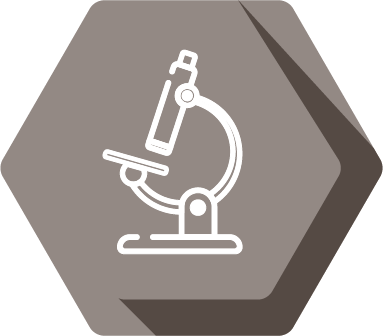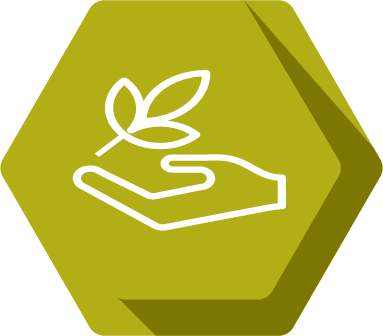Isabelle Montilla

Pronouns: she/hers
Research Mentor(s): Melissa Dude Duhaime, Assistant Professor
Research Mentor School/College/Department: Ecology and Evolutionary Biology, College of Literature, Science, and the Arts
Presentation Date: Thursday, April 22, 2021
Session: Session 5 (3pm-3:50pm)
Breakout Room: Room 18
Presenter: 3
Abstract
The accumulation of plastic waste in the environment is one of the most pervasive environmental concerns of our time. Its presence has now been documented in marine, freshwater, and atmospheric environments, and an estimated 4.8-12.7 million tons of plastic enter the ocean in a single year, a number that is only expected to rise exponentially to reflect the global rate of plastic goods production. From both an environmental health and resource sustainability perspective, it is imperative that the amount of plastic debris in the Earth’s waterways is reduced. Macroplastic debris prevention and mitigation options are continuously emerging, yet microplastic (<5mm) debris mitigation is still an undeveloped field. To effectively target the major sources and pathways of these microplastics, the question remains: What is the physical fate of plastic once it enters the ocean and fresh waterways? Several weathering mechanisms of plastics have been examined individually, but this study will take a more holistic approach by determining the rates of fragmentation and particle size distribution, biofilm formation, UV degradation, and biodegradation as both an individual process and as a microbial consortia on the fate of polyethylene.
Authors: Isabelle Montilla, Agniva Bhaumik, Maxim Murray, Elizabeth Michaelson, Rachel Cable, Melissa Duhaime
Research Method: Laboratory Research






